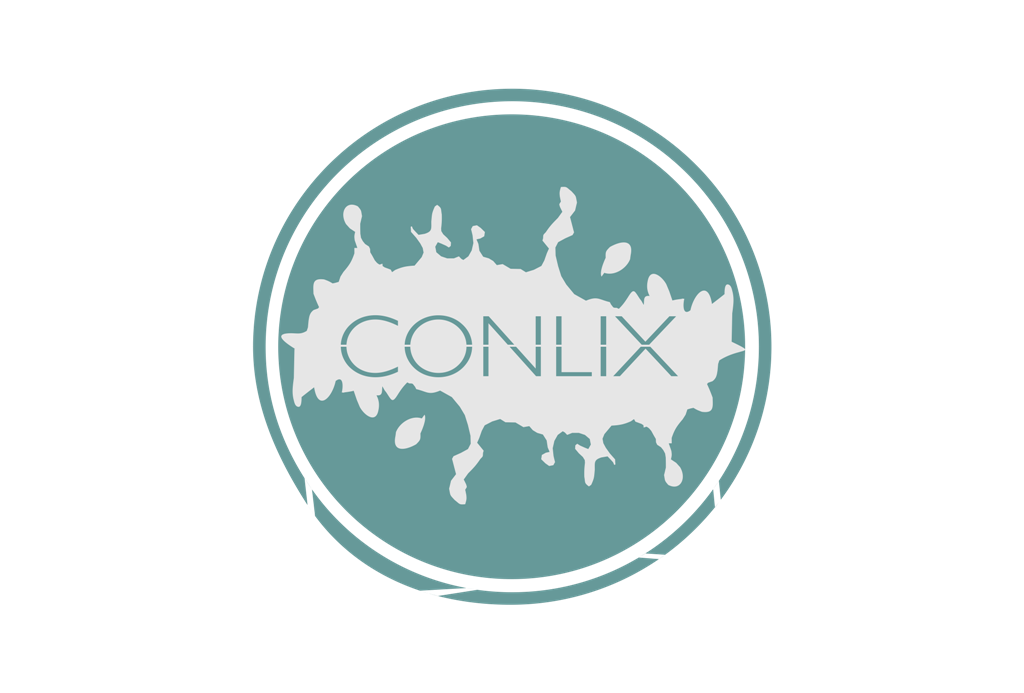The Advantages of Self-Consolidating Concrete
Introduction
The Advantages of Self-Consolidating Concrete are becoming more apparent in construction, reshaping how we think about efficiency, safety, and quality on job sites. As urban development accelerates and structures grow increasingly complex, materials must evolve. This is where self-consolidating concrete (SCC) steps in—offering a modern solution to traditional construction challenges. Think of it as concrete that knows exactly where to go and how to settle, with no vibration required.
The Advantages of Self-Consolidating Concrete in Modern Construction Projects
Why SCC Is Different
Self-consolidating concrete is specially formulated to flow and settle into intricate forms without the need for mechanical vibration. This alone provides major benefits when working with complex designs or dense reinforcement.
Key Benefits of SCC
-
Reduced labor requirements—no vibration tools or extra guidance needed
-
Improved job-site safety—less strain, less noise, fewer accidents
-
Superior flowability—smoother finishes and fewer defects
-
Ideal for tight spaces or heavily reinforced structures
Why Builders Prefer Self-Consolidating Concrete for Structural Integrity
Enhanced Strength and Durability
A major benefit of SCC is its ability to produce dense, uniform structures with fewer voids or honeycombs. This results in:
-
stronger columns
-
more durable beams
-
improved performance in high-load applications
Precision in Complex Builds
Contractors rely on SCC for large infrastructure and high-rise projects where precision is crucial. It simplifies construction without sacrificing structural integrity.
The Advantages of Self-Consolidating Concrete for Sustainability and Time Efficiency
Environmental Benefits
With no mechanical vibration required, SCC reduces:
-
on-site energy consumption
-
noise pollution
-
overall environmental impact
Less waste and resource use give SCC a sustainability advantage.
Time Savings on Site
SCC’s easy placement and self-leveling characteristics significantly shorten construction schedules. For fast-paced projects, it’s a go-to solution without compromising quality.
Environmentally Friendly Benefits of Using Self-Consolidating Concrete
Reducing Pollution and Waste
SCC contributes to greener building practices by:
-
minimizing noise
-
reducing discarded concrete
-
lowering contamination from cleaning processes
Supporting Eco-Conscious Building
Self-consolidating concrete fits perfectly into modern, eco-friendly construction standards—speed meets sustainability.
The Advantages of Self-Consolidating Concrete for Complex Design Requirements
Perfect for Intricate Architectural Forms
Thanks to its high flowability and resistance to segregation, SCC can easily fill:
-
intricate forms
-
spiraling staircases
-
detailed facades
-
decorative elements
Minimizing Human Error
Traditional concrete often needs manual manipulation. SCC flows like water, reducing mistakes and ensuring consistently accurate fills.
Fulfilling Visual and Structural Expectations with SCC
Aesthetic and Structural Excellence
Where beauty matters, SCC excels. It provides:
-
smooth, uniform surfaces
-
reduced need for surface treatments
-
exceptional finishes for exposed elements
Reliability in Every Batch
Its consistent performance ensures that both aesthetics and structural requirements are met with confidence.
The Advantages of Self-Consolidating Concrete in Reducing Project Costs
Savings That Offset Higher Material Costs
While SCC may cost more initially, it reduces expenses by:
-
lowering labor hours
-
cutting down rework
-
speeding up installation \
-
reducing long-term maintenance
Durability That Pays Off
SCC’s enhanced longevity decreases the likelihood of future repairs, offering long-term financial benefits.
Reducing Rework and Boosting Efficiency
Better Quality with Less Correction
With fewer defects and surface imperfections, SCC reduces demands on quality control teams. This allows the crew to focus on high-value tasks rather than constant corrections.
Ideal for Tight Deadlines
Construction companies are turning to SCC to meet deadlines without cutting corners on safety or quality.
Conclusion
The Advantages of Self-Consolidating Concrete go far beyond the mixture itself. The material saves time, reduces costs, boosts safety, increases durability, and supports sustainability. As construction continues to evolve, SCC stands as a next-generation solution—streamlining traditional processes into smarter, more efficient practices. For builders aiming to achieve more with less effort and greater accuracy, SCC is an essential modern material.
